Kenya AA coffee Kenya coffee grading system what are the characteristics of Kenyan coffee beans
Under the influence of British colonization, Kenyans love coffee. In Kenyan restaurants, drinks have to be paid extra, but coffee is provided free of charge. The history of Kenyan coffee can be traced back to the end of the 19th century, when the British established a sound cultivation and quality control system.
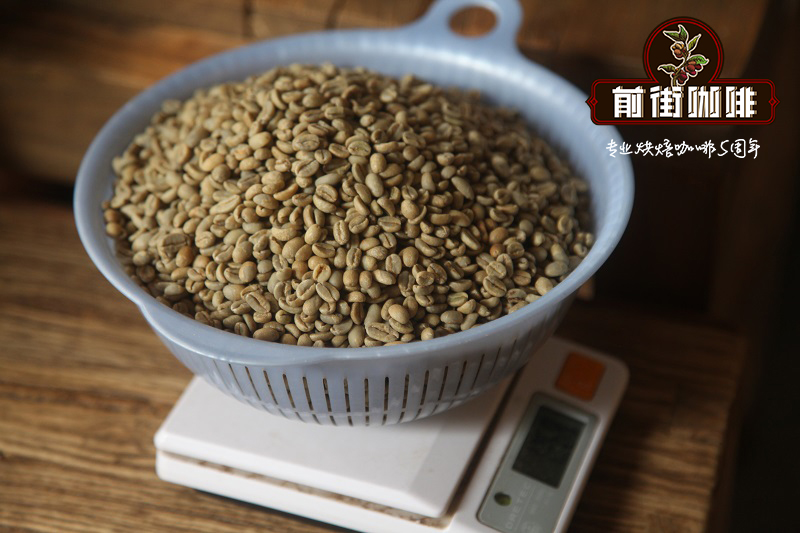
After Kenya became independent in 1964, the coffee industry continued to develop on its existing basis and is now a world-renowned high-quality bean-producing country. In particular, they have established an auction system to successfully get rid of the disadvantages of other bean-producing countries exploiting small farmers (from which the so-called "Fairtrade coffee" comes from).
At present, there are hundreds of thousands of small coffee farmers and several large estates in Kenya. All coffee beans will be sent to the Nairobi Coffee Exchange (the Nairobi Coffee Exchange) established by the Kenyan Coffee Bureau (Coffee Board of Kenya, CBK) for public auction. As long as the quality is good, there will be a good price, which will naturally encourage small farmers. Under the virtuous circle, the high quality of Kenyan coffee beans has been obvious to all.
Although there are rumors in recent years that the Kenyan coffee shop is riddled with drawbacks and the introduction of coffee varieties that are easier to grow, the quality of Kenyan coffee is not as good as it used to be, making Kenyan coffee a hidden worry, but on the whole, Kenyan coffee still ranks well in the world.
Actually visit the highlands of central Kenya, the roadside is full of small coffee gardens, but Kenyans protect the factory very closely, do not contact months in advance, it is difficult to go in to visit, want to buy coffee here, the most direct way is to go to the supermarket to buy.
Kenya coffee beans are strictly graded. According to their size, shape and hardness, Kenya coffee beans are divided into AA or AA+, AB, PB, C, E, TT and T according to their size, shape and hardness.
Suggestion on coffee baking in Qianjie
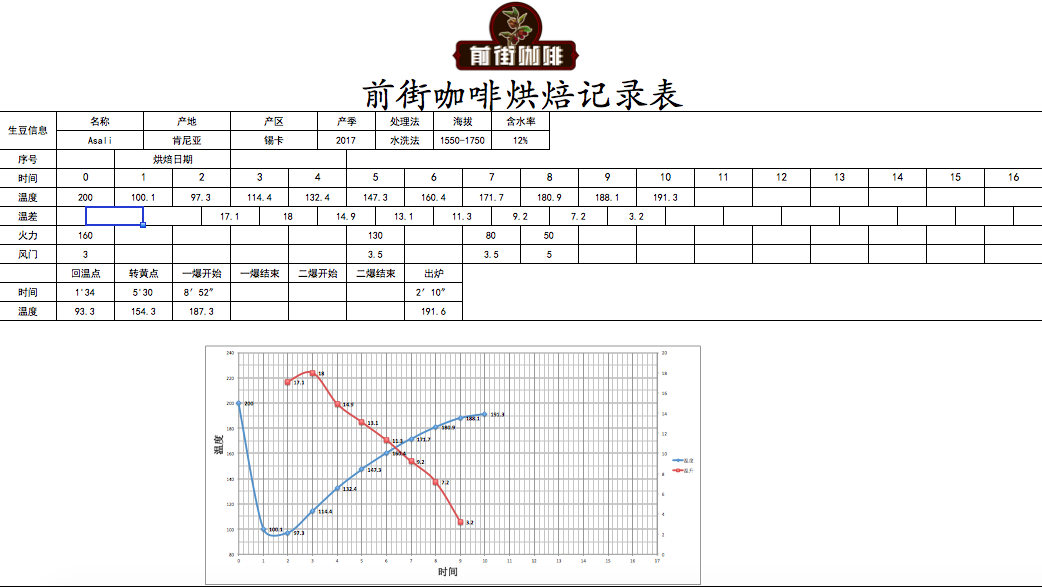
This full-bodied Kenyan coffee, due to its high altitude and hard beans, climbed at a higher temperature at first, turned yellow in about 5 minutes, then reduced its firepower into the Mena reaction, and then decreased its firepower again to lengthen the Mena reaction time at 178C.
When the first burst begins, it is highly endothermic, so it is recommended to maintain heat at this stage to prevent stagnation. The development of first explosion takes more time, which is helpful to reduce acidity and develop flavor.
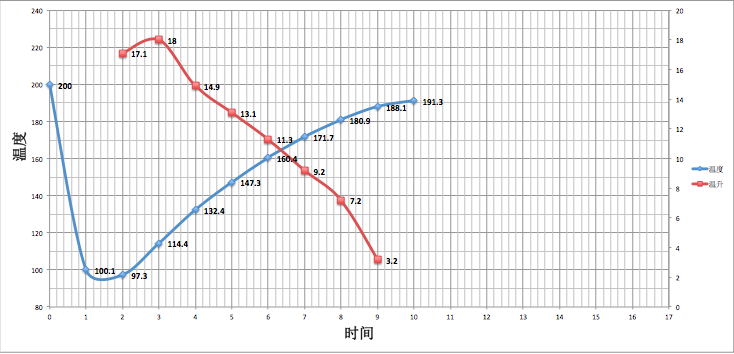
Roaster Yangjia 600g semi-direct fire
The furnace temperature is preheated to 200 degrees into the pot, the throttle is opened at 3J30s, fire is fired, the firepower is adjusted to 160, the throttle is unchanged, the temperature return point is 1`34``, keep the firepower, 5`30` turns yellow, the smell of grass disappears, enters the dehydration stage, the firepower is reduced to 130, the throttle is opened to 3.5.
7`45 dehydration finished, firepower dropped to 80, 8`30 is the bean table wrinkled and black markings, toast flavor into coffee, as a prelude to an explosion, then pay attention to the sound of an explosion. When it starts to explode at 8`52`, the throttle is fully open for 5, and the firepower is reduced to 50, reducing the degree of caramelization. After an explosion, the development time is 2 minutes and 10 seconds, to 191.6 degrees.
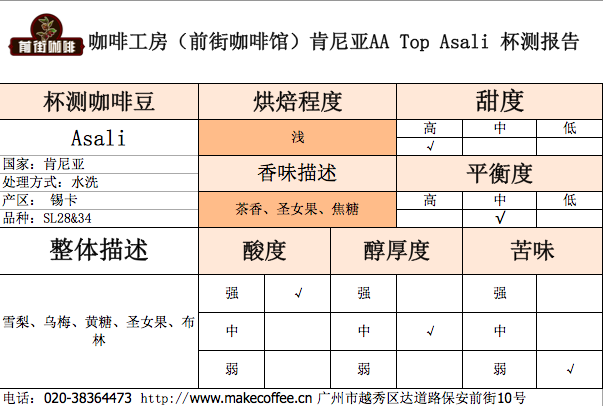
This is a classic Kenyan AA coffee with wet aromas of ripe tomatoes and flowers, imported virgin fruit and black plum flavors, bright acidity, clean palate, medium body, outstanding sweetness in the middle, juicy, raspberry and yellow sugar on the finish, and [green tea] aromas.
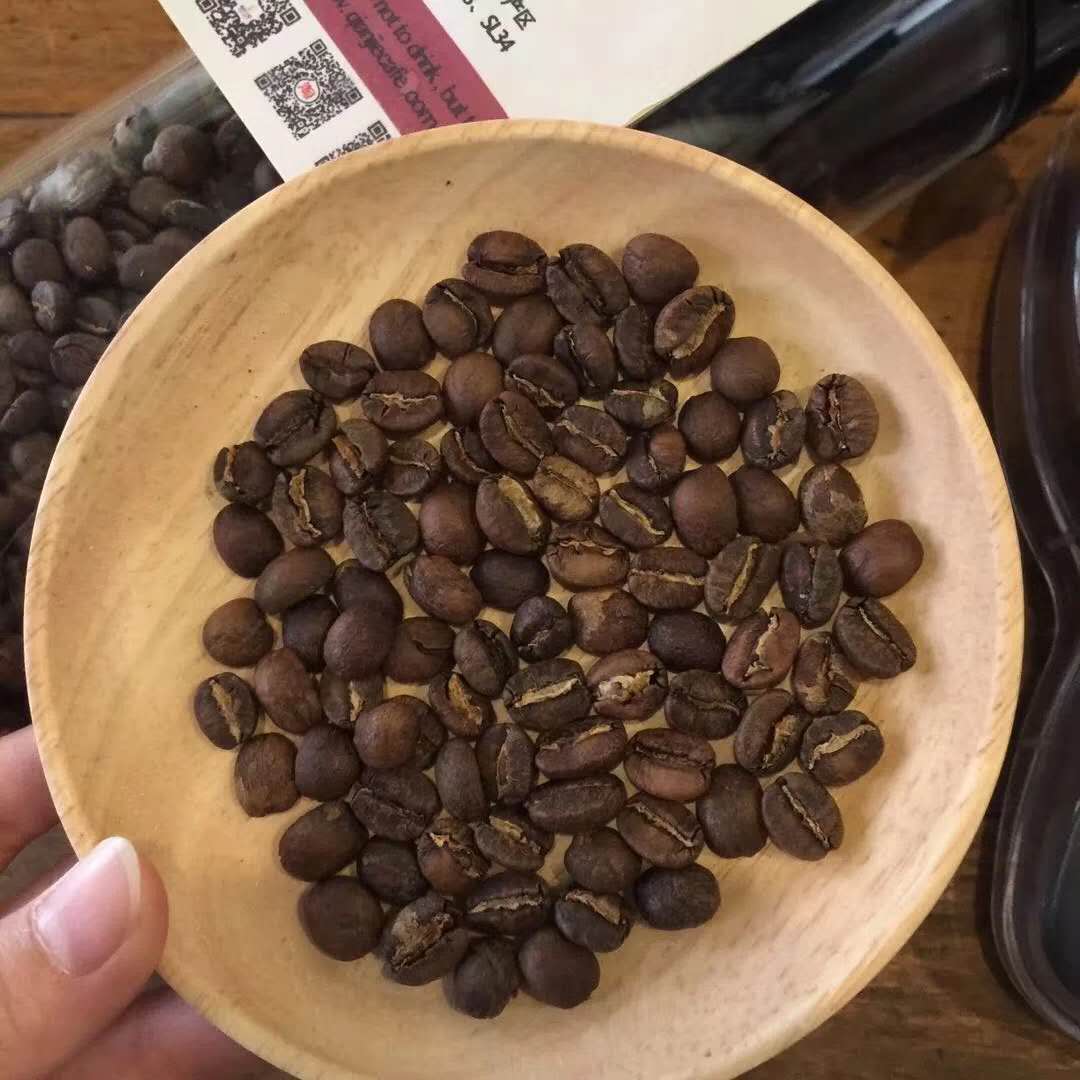
Suggestion on brewing coffee in Qianjie
Recommended cooking methods: siphon, hand flushing
Degree of grinding: 3.5 (Fuji R440, Japan)
Water temperature: 91 °C
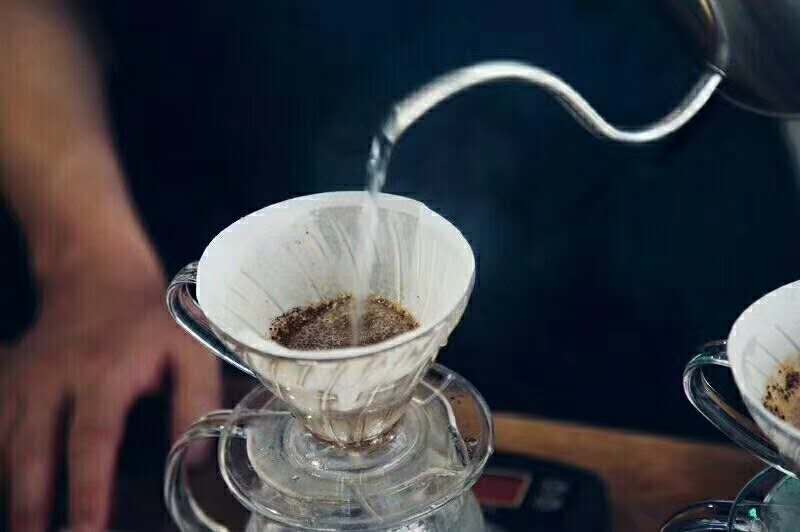
V60 filter cup, 15g powder, water temperature 90-91 degrees, grinding 3.5.The ratio of water to powder is close to 1:15
Steaming in 30 grams of water for 30 seconds
Segment: water injection to 120ml cut off, slow water injection to 225ml
That is, 30-120-75
Other suggestions for trickling extraction:
Normal pressure, recommended grinding degree of 3.5-4 / water temperature 90 °C
Philharmonic pressure, recommended 2.5 grinding degree, water temperature 90 °C
Hand punch: 3.5 degree of grinding, water temperature 91 °C
Important Notice :
前街咖啡 FrontStreet Coffee has moved to new addredd:
FrontStreet Coffee Address: 315,Donghua East Road,GuangZhou
Tel:020 38364473
- Prev
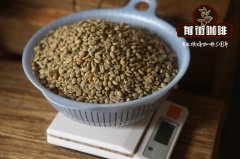
What is Kenya AA? On the grading system of Kenyan Coffee
- Next
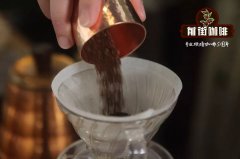
What is the difference between Indonesia and coffee Java, Sumatra and Sulawesi?
What is the difference between Indonesia and coffee Java, Sumatra and Sulawesi? Indonesia, the country of Thousand Islands, has the largest number of islands in the world. When it comes to Indonesia, the most familiar is probably the resort island of Bali. According to a report by Indonesia's Thousand Island Daily, Indonesia has the largest coffee planting area in the world, but due to the low efficiency of coffee production, India
Related
- Detailed explanation of Jadeite planting Land in Panamanian Jadeite Manor introduction to the grading system of Jadeite competitive bidding, Red bid, Green bid and Rose Summer
- Story of Coffee planting in Brenka region of Costa Rica Stonehenge Manor anaerobic heavy honey treatment of flavor mouth
- What's on the barrel of Blue Mountain Coffee beans?
- Can American coffee also pull flowers? How to use hot American style to pull out a good-looking pattern?
- Can you make a cold extract with coffee beans? What is the right proportion for cold-extracted coffee formula?
- Indonesian PWN Gold Mandrine Coffee Origin Features Flavor How to Chong? Mandolin coffee is American.
- A brief introduction to the flavor characteristics of Brazilian yellow bourbon coffee beans
- What is the effect of different water quality on the flavor of cold-extracted coffee? What kind of water is best for brewing coffee?
- Why do you think of Rose Summer whenever you mention Panamanian coffee?
- Introduction to the characteristics of authentic blue mountain coffee bean producing areas? What is the CIB Coffee Authority in Jamaica?

